10 Common Signs that You Might Be Suffering from IBS
Irritable Bowel Syndrome (IBS) is a common digestive disorder that affects millions of people worldwide. It is characterized by a group of symptoms including abdominal pain, bloating, and changes in bowel movements. Unfortunately, many people who suffer from IBS are unaware of their condition and may mistake their symptoms for other gastrointestinal problems. As a result, they may not receive proper diagnosis or treatment. Therefore, it is important to recognize the common signs of IBS in order to seek appropriate medical attention. In this blog post, we will discuss 10 common signs that you might be suffering from IBS. We will provide detailed information about each symptom and explain how they may be related to IBS. Moreover, we will offer practical tips and treatment options to help manage your symptoms and improve your quality of life. Whether you are experiencing mild or severe symptoms, understanding the signs of IBS can help you take proactive steps towards managing your condition.

Excessive gas and bloating.
One of the most uncomfortable signs of irritable bowel syndrome (IBS) is excessive gas and bloating. If you're experiencing a lot of gas and bloating, it can be caused by many different things, but it's definitely one of the common symptoms of IBS. It's usually accompanied by abdominal pain that's either sharp or dull, and it can make you feel like you're carrying a balloon in your gut. It's important to take note of these IBS symptoms so you can manage your irritable bowel syndrome effectively. There are many ways to alleviate the symptoms of IBS, so don't hesitate to consult with a healthcare professional if you think you're suffering from irritable bowel syndrome.

Abdominal cramps and pain.
One of the most annoying and frustrating symptoms of irritable bowel syndrome (IBS) is the abdominal cramps and pain. It can strike at any time and really mess up your day. The pain can range from a dull ache to sharp and sudden stabbing pains. Sometimes the pain can be so severe that you double over in agony. It's not something you can just ignore and hope it goes away. Unfortunately, abdominal pain is one of the most common IBS symptoms, and it's something that many people with irritable bowel syndrome have to deal with on a daily basis. If you're experiencing abdominal pain, it's important to talk to your doctor about getting a proper diagnosis and treatment for your irritable bowel syndrome.
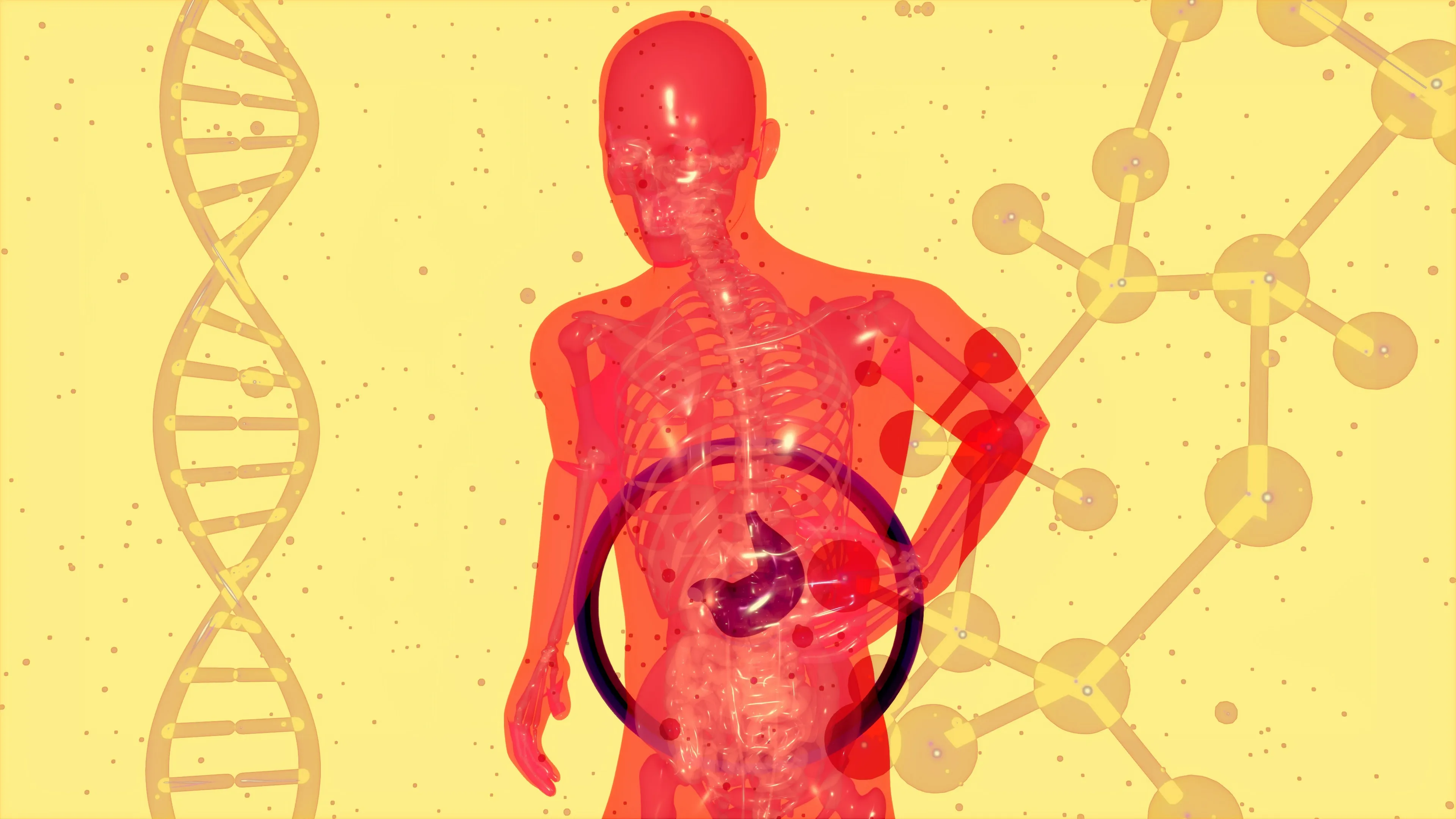
Alternating diarrhea and constipation.
If you find yourself alternating between diarrhea and constipation, you might be suffering from irritable bowel syndrome (IBS). This is one of the most common IBS symptoms that people experience. It can be quite frustrating and uncomfortable to deal with, especially if you don't know what's causing it. Aside from alternating diarrhea and constipation, other common signs of irritable bowel syndrome include abdominal pain, bloating, gas, and mucus in the stool. If you are experiencing these symptoms, it's important to talk to your doctor to rule out any other potential health issues and get a proper diagnosis and treatment plan for irritable bowel syndrome.
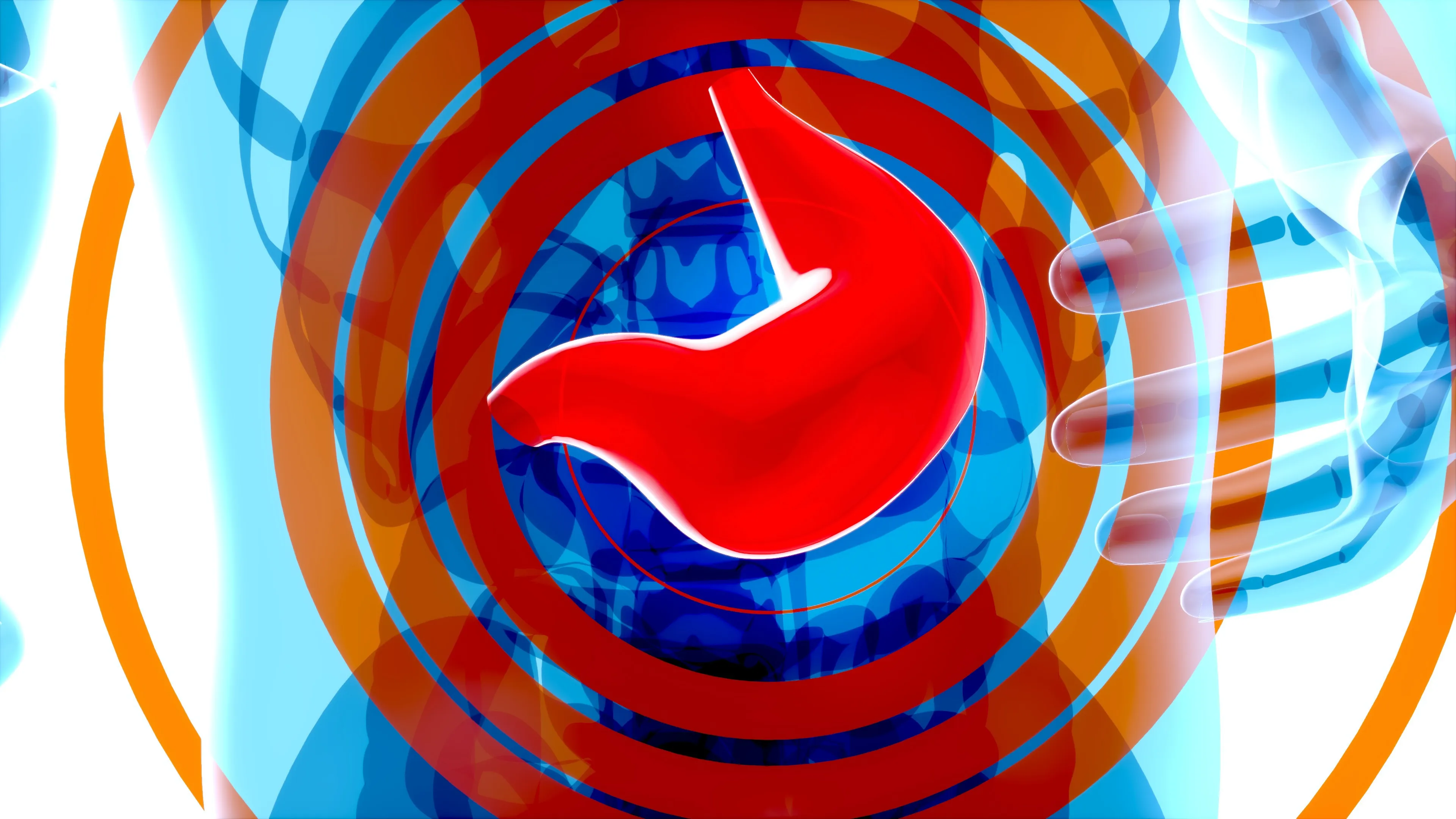
Urgency to go to bathroom.
One of the most common irritable bowel syndrome (IBS) symptoms is the urgency to go to the bathroom. You might feel like you need to go right away and can't wait. This can be inconvenient and embarrassing, especially if you're at work or in public. The urgency to go to the bathroom is caused by the muscles in your digestive system contracting too quickly or too slowly. This can lead to abdominal pain and discomfort. If you are experiencing this symptom along with other signs of irritable bowel syndrome, it's important to talk to your doctor to get a proper diagnosis and treatment plan. Don't let IBS symptoms interfere with your daily life any longer!
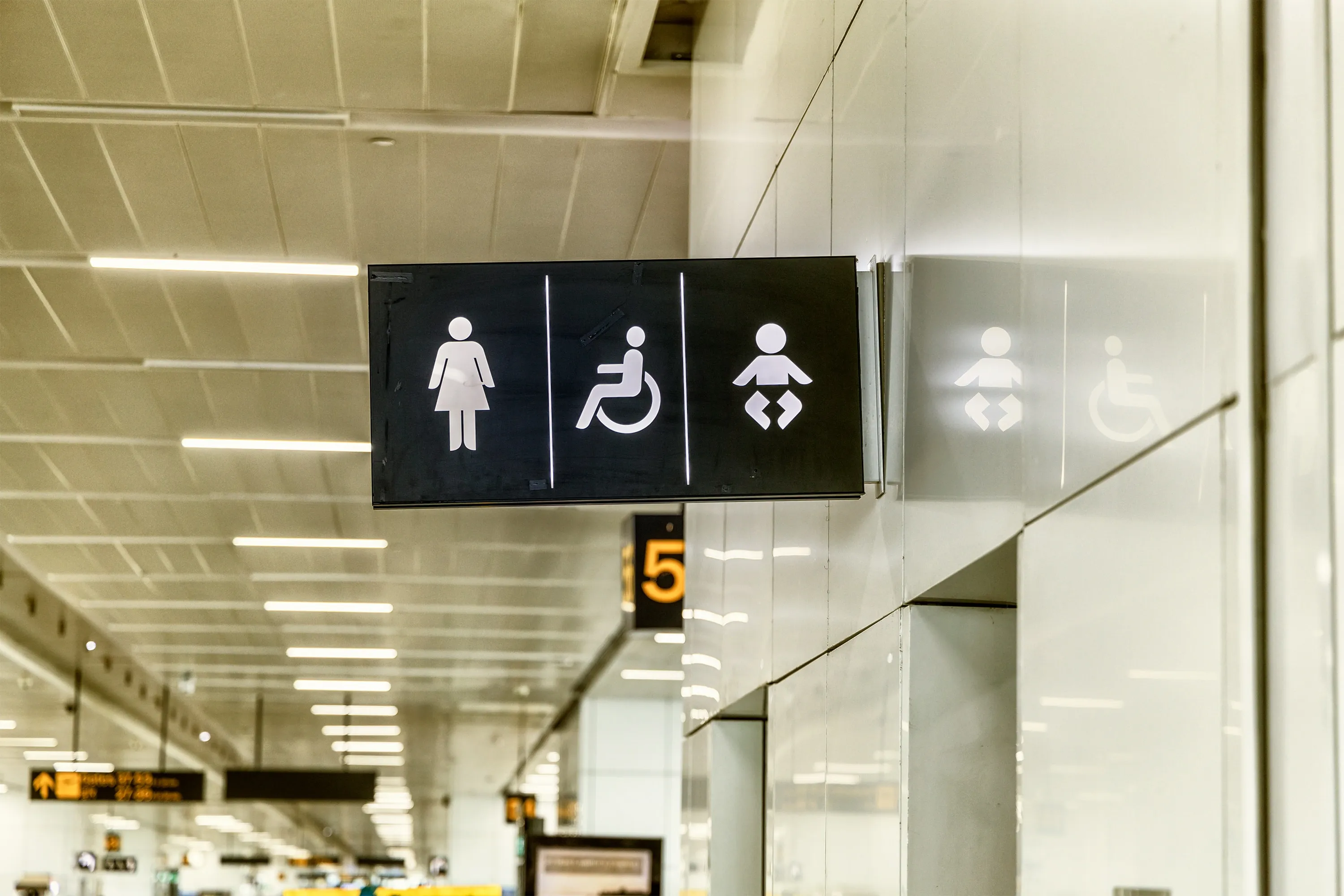
Feeling of incomplete evacuation.
If you've been experiencing a feeling of incomplete evacuation when using the bathroom, it could be a sign that you're suffering from irritable bowel syndrome (IBS). This is one of the most common IBS symptoms, along with abdominal pain, bloating, and constipation or diarrhea. IBS is a chronic condition that affects the large intestine and can cause a range of uncomfortable digestive symptoms. If you're experiencing any of these symptoms, it's important to talk to your doctor to get a proper diagnosis and start managing your irritable bowel syndrome. Remember, you don't have to suffer in silence - there are effective treatments available to help you feel better and improve your quality of life.
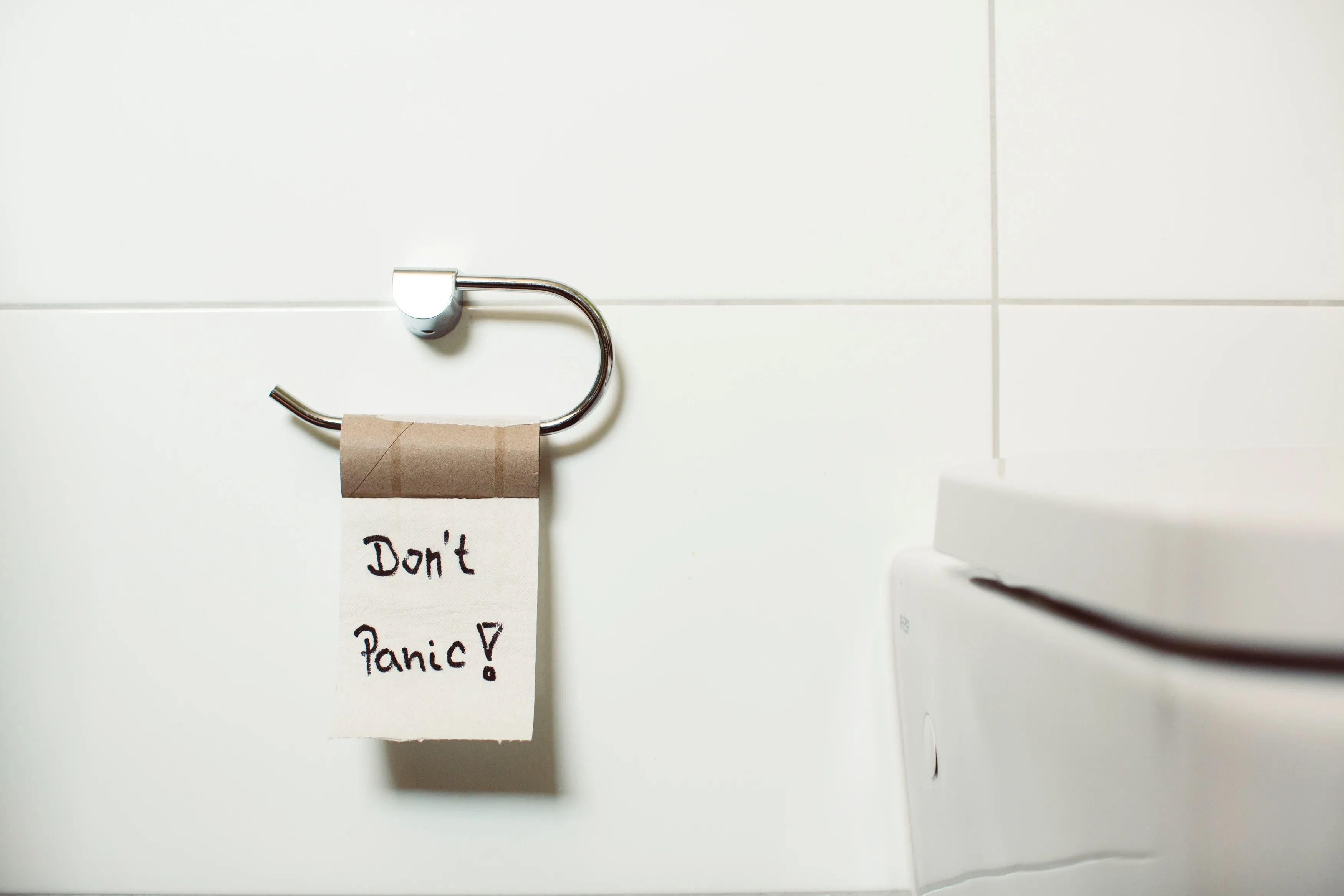
Mucus in your stool.
One of the common signs that you might be suffering from irritable bowel syndrome (IBS) is the presence of mucus in your stool. While it may seem gross to talk about, it's important to pay attention to the consistency and appearance of your poop. Mucus is a slimy substance that helps lubricate the colon and protect it from irritation. However, if you notice an excessive amount of mucus in your stool, it could indicate that your body is trying to protect itself from something. This symptom is often accompanied by other IBS symptoms like abdominal pain, bloating, and changes in bowel habits. It's important to talk to your doctor if you are experiencing any of these symptoms to get a proper diagnosis and treatment plan.
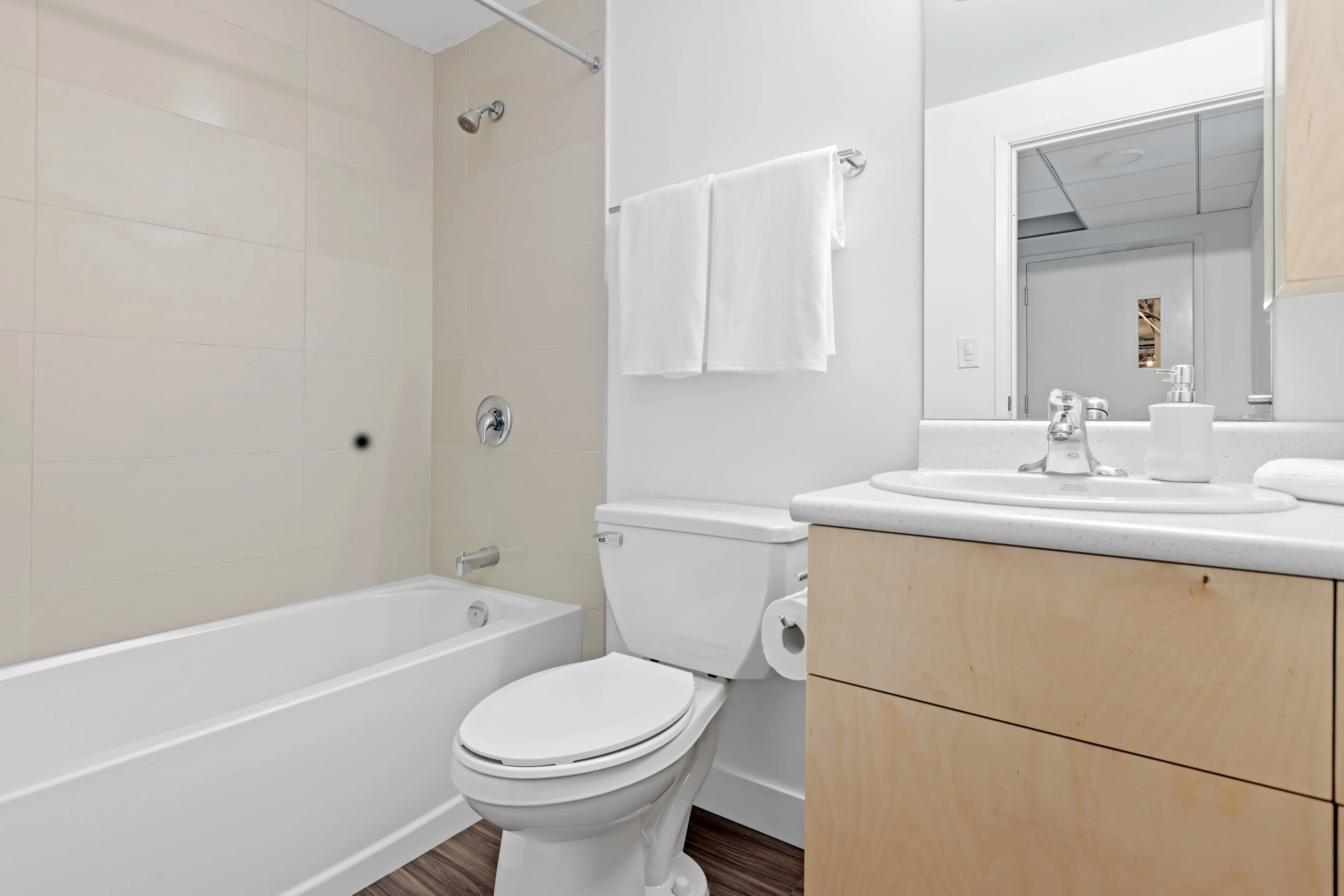
Nausea or vomiting.
If you've been experiencing nausea or vomiting, then it's possible that you're suffering from irritable bowel syndrome (IBS). Nausea and vomiting are common IBS symptoms, along with abdominal pain. Irritable bowel syndrome is a chronic condition that affects the digestive system. It's characterized by discomfort or pain in the abdomen, gas, bloating, changes in bowel habits, and other related symptoms. If you're experiencing any of these symptoms, it's best to consult with a doctor to determine if you have irritable bowel syndrome. Understanding the signs and symptoms of irritable bowel syndrome can help you take the necessary steps to manage the condition and improve your quality of life.

Fatigue and lack of energy.
If you're experiencing fatigue and a general lack of energy, it could be a sign that you're suffering from irritable bowel syndrome (IBS). While it's not one of the most commonly known IBS symptoms, it's still an important one to be aware of. Irritable bowel syndrome is a chronic condition that affects the digestive system and can cause a range of symptoms, including abdominal pain, bloating, and constipation or diarrhea. Fatigue and lack of energy can be a result of the stress and discomfort that comes with irritable bowel syndrome, making it important to get your symptoms under control. If you're experiencing any of these common signs of irritable bowel syndrome, it's important to speak with your healthcare provider to find a treatment plan that works for you.

Anxiety or depression.
IBS symptoms can be difficult to identify, but one of the most common signs of irritable bowel syndrome is abdominal pain. However, there are other symptoms that could be associated with IBS, such as anxiety or depression. Yes, you heard that right - it’s not just about bowel syndrome. Anxiety or depression can also be one of the signs that you might be suffering from irritable bowel syndrome. It’s important to remember that IBS is not just a physical condition, but it can also take a toll on your mental health. Therefore, if you are experiencing anxiety or depression along with irritable bowel syndrome, it’s recommended to consult a healthcare professional who can guide you through the best treatment options.

Food intolerance or sensitivities.
If you experience IBS symptoms like abdominal pain, bloating, and diarrhea, it's possible you might be suffering from irritable bowel syndrome (IBS). One common cause of IBS is food intolerance or sensitivities. Foods like dairy, gluten, and certain types of fruits and vegetables can trigger IBS symptoms in many people. If you suspect that a specific food is causing your irritable bowel syndrome, try eliminating it from your diet for a few weeks and see if your symptoms improve. If they do, you may want to consider speaking with a doctor or nutritionist about ways to manage your food sensitivities.

In conclusion, it's important to listen to your body and pay attention to any changes that might signal something is off. If you're experiencing any of these common signs of IBS, don't panic. There are many ways to manage this condition and improve your quality of life. Whether it's through dietary changes, stress reduction, or medication, there is hope for finding relief. So don't suffer in silence – talk to your doctor and take steps towards feeling better today!
